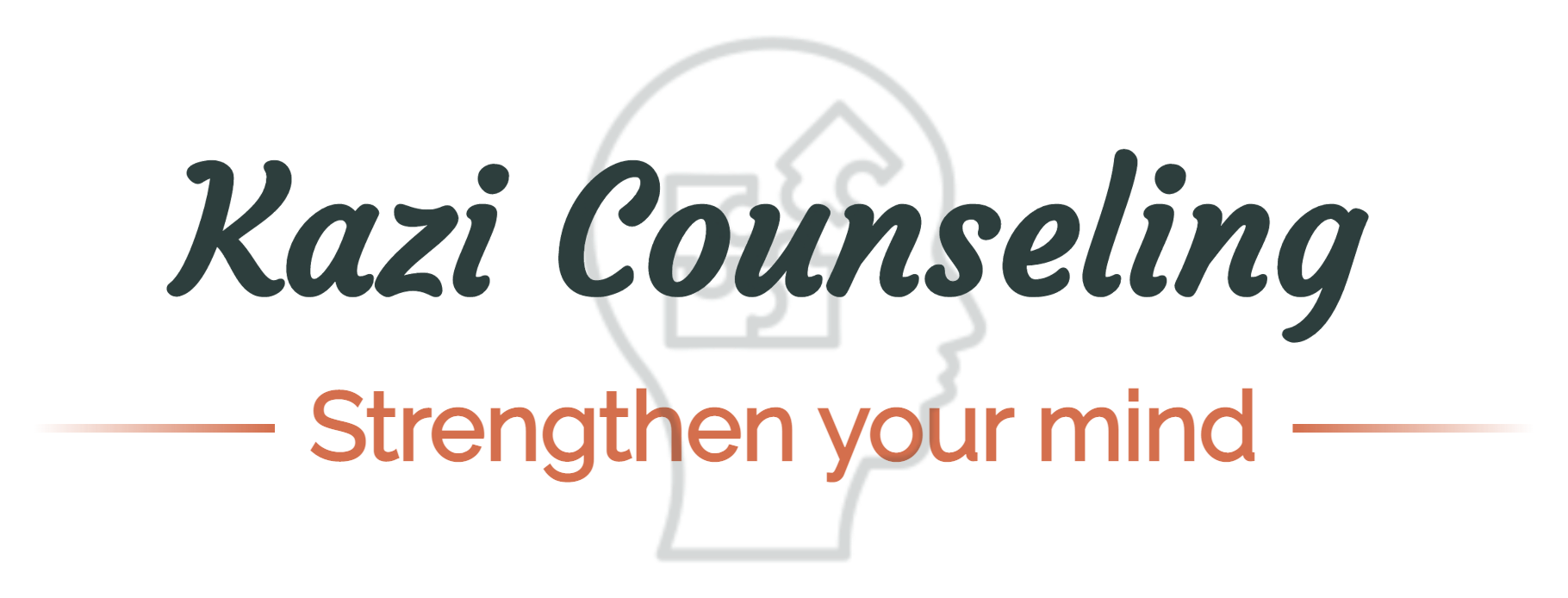What Is Disenfranchised Grief?

Disenfranchised grief is a type of grief that isn’t accepted or acknowledged by society. (This makes sense, as Merriam-Webster defines “disenfranchised” as being “deprived of some right, privilege, or immunity.”) For example, people may tell the grieving person that they should be “over it” by now. Unfortunately, when someone’s grief isn’t validated by those around them, they may not get the support they need to cope with their loss, which can in turn prolong the grieving period.
When Is Grief Disenfranchised?
Disenfranchised grief can occur whenever someone’s grief doesn’t align with societal expectations. For instance, your grief may be disenfranchised if:
- You’re grieving the loss of someone who wasn’t a close friend or immediate family member.
- You regularly experience death as part of your job, and as such, your loved ones expect you to not take those losses so personally (this is common among doctors, nurses, and EMTs).
- You’re grieving the loss of something other than life (e.g., a friendship or a job).
- You’re not experiencing the emotions normally associated with grief (e.g., sadness and anger).
- Your grief lasts longer than your loved ones expect it to.
The Impact of Disenfranchised Grief
Disenfranchised grief can be particularly damaging because it often forces individuals to suppress their emotions. The lack of validation from others can lead to feelings of shame, guilt, and loneliness. Additionally, without the opportunity to openly mourn or receive social support, this grief can become prolonged and complicated.
People experiencing disenfranchised grief may also struggle with their identity and self-worth, questioning the validity of their emotions and the importance of their loss. This internal conflict can hinder the healing process, leading to unresolved grief and long-term emotional distress and loneliness.
How to Cope with Disenfranchised Grief
If you’re experiencing disenfranchised grief, it’s essential to recognize that your feelings are valid, even if others don’t understand or acknowledge them. Here are some steps you can take to navigate this challenging experience:
Acknowledge Your Grief: Give yourself permission to grieve, regardless of societal expectations. Recognizing your loss and the impact it has on you is the first step toward healing.
Seek Support: While it may be difficult to find understanding from those around you, reaching out to a therapist, support group, or online community can provide the validation and empathy you need.
Create Your Own Rituals: Traditional mourning rituals may not be available or applicable, so consider creating your own. This could include writing a letter, creating a memory box, or participating in activities that honor the significance of your loss.
Express Your Emotions: Whether through journaling, art, or talking with a trusted friend, find ways to express your grief. Bottling up your emotions can prolong the pain and make it harder to process.
Educate Others: If you feel comfortable, share your experience with those close to you. Educating others about disenfranchised grief can foster understanding and potentially lead to a more supportive environment.
Practice Self-Compassion: Be gentle with yourself during this time. Recognize that grief is a deeply personal experience, and there is no right or wrong way to mourn.
Disenfranchised grief is a real and painful experience that deserves recognition and understanding. While it can be challenging to navigate grief that society doesn’t acknowledge, remember that your feelings are valid, and your loss is significant. By acknowledging your grief, seeking support, and finding ways to honor your emotions, you can begin the journey toward healing and self-compassion.
Discuss Your Grief With a Professional
Disenfranchised grief can lead to serious consequences, such as depression, low self-esteem, withdrawal from social circles, and substance abuse. So, if you think you may be experiencing disenfranchised grief, it’s important that you speak to a therapist who specializes in healing from loss. Contact us today to schedule an appointment with one of the knowledgeable therapists at our practice.

